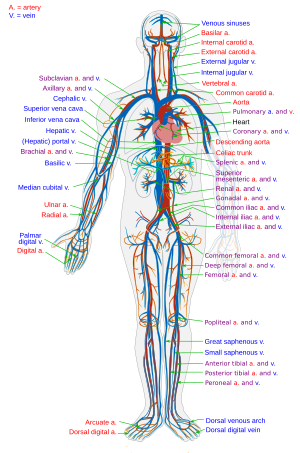Exercise. Yeah I know. Do you really want to hear about another way exercise is good for you? Well, this appears to be a slightly new take. It’s about how nitric oxide (NO), a short-lived gas produced by the body during exercise, benefits the heart.
A recent study published in the journal, Circulation Research, says that voluntary exercise (as opposed, I guess, to sitting in some machine that moves your body for you) produces nitric oxide which then “turns on chemical pathways that relax blood vessels to increase blood flow and activate survival pathways [emphasis mine].” Exercise was found to boost “levels of an enzyme that produces nitric oxide (eNOS, endothelial nitric oxide synthase).”
So in short, you choose to exercise. Your body produces NO, then the NO is “stored in the bloodstream and heart in the form of nitrite and nitrosothiols,” which are then withdrawn from storage as needed. And even cooler, these reserves remain elevated for a week after exercise has stopped—“unlike other heart enzymes stimulated by exercise”—and don’t return to baseline until four whole weeks after exercise. So it seems we get a lot for a little effort.
I once had a book called Dr. Naglier’s Body Maintenance and Repair Book. He said, emphatically, that even five minutes of movement a day is so much better for your body than nothing, that you should never not do anything because you’re afraid you couldn’t possibly do all the exercise “they” recommend.
Score another big one for nitric oxide. It’s truly a health friend, and it doesn’t take much to put it to work for you.

